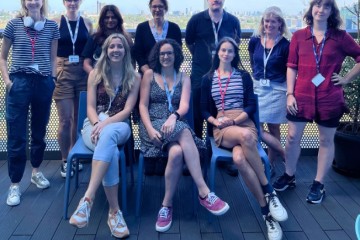Strategic grant
Investigating the replacement of non-animal derived antibodies and serum in academic research

At a glance
Completed
Award date
October 2024 - March 2025
Grant amount
£73,904
Principal investigator
Dr Julia Needham
Co-investigator(s)
- Dr Jamie Meredith
- Dr Nicola Rodricks
Institute
MRC London Institute of Medical Sciences
R
- Replacement
